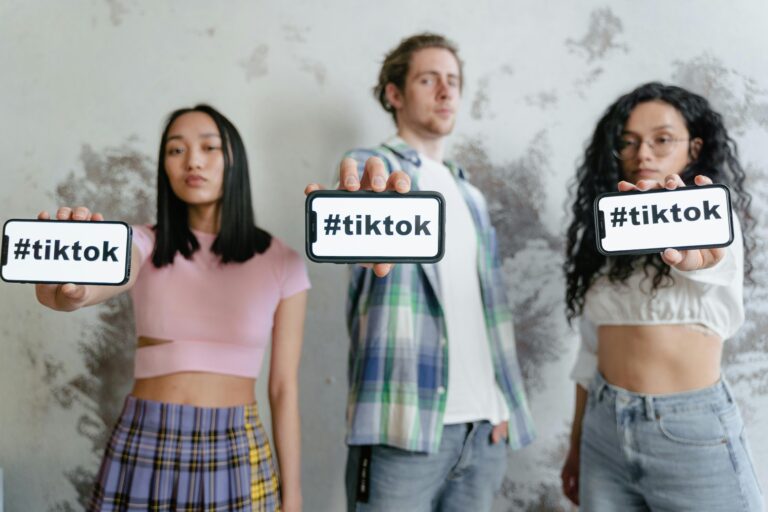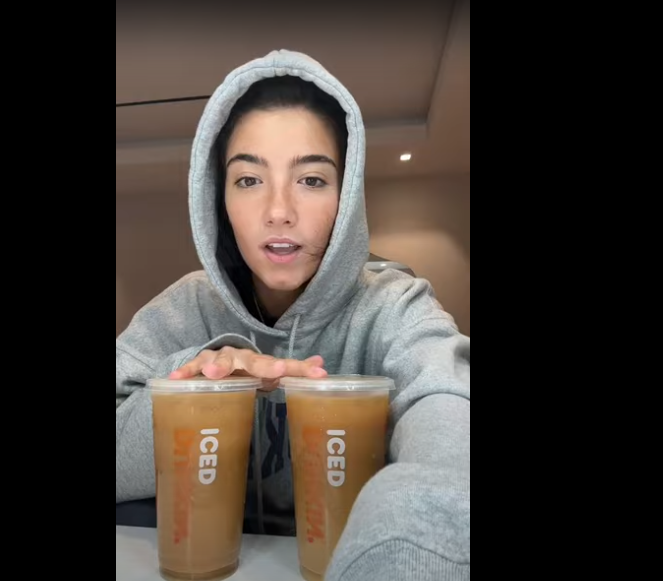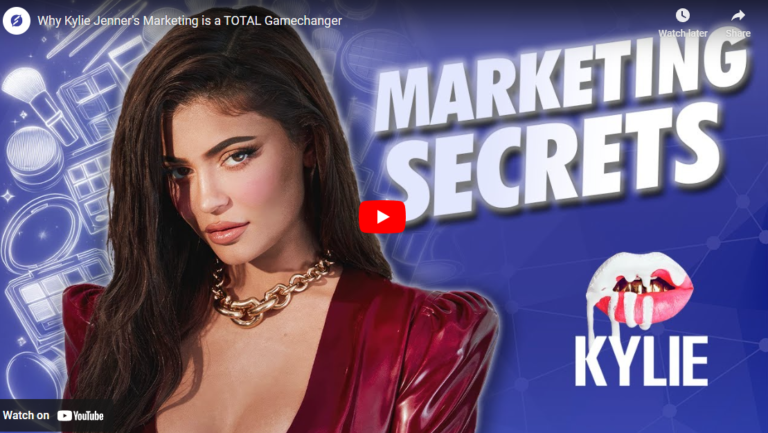TikTok: Influencer Marketing and Ethical Challenges in Canada
TikTok has quickly established itself as a powerful platform for influencer marketing, where creators promote products and services to millions of followers (Digital Media at Leiden University, 2023). With its algorithmic recommendations, TikTok becomes an attractive tool for marketers targeting younger audiences. However, this growth has also introduced significant ethical challenges, particularly around transparency, vulnerable audiences, data privacy, and the authenticity of influencer promotions (Federal Trade Commission [FTC], n.d.).

Transparency and Disclosure
One of the major ethical concerns surrounding TikTok influencer marketing is the lack of transparency in sponsored content. Influencers often promote products for compensation but fail to disclose these partnerships clearly (FTC, n.d.). In Canada, regulations like the Canadian Code of Advertising Standards (CAAS) require influencers to clearly label sponsored content using hashtags such as #ad or #sponsored to ensure transparency and protect consumers from misleading advertising practices (FTC, n.d.). A notable example of a lack of transparency occurred in 2020 when Charli D’Amelio, a top influencer, posted videos promoting Dunkin’ Donuts without marking the content as sponsored, which violated ethical standards (Tenbarge, 2020).
Targeting Vulnerable Audiences
The platform’s popularity among young audiences, particularly teens, raises concerns about the exploitation of vulnerable consumers. TikTok’s algorithm encourages hyper-targeted content based on user behavior, which can potentially exploit young users’ lack of experience in distinguishing between organic content and paid advertisements (Pittaya Sirikanin Hansen, 2024). The Competition Act and CAAS protect vulnerable groups in Canada from such deceptive marketing practices (FTC, n.d.).

Ethical Issues with "Influencer Culture"
Another challenge is the promotion of inauthentic content by influencers, many of whom endorse products they do not genuinely use or believe in, often for financial gain (Golden, 2023). This disconnects between the influencer’s true values and the products they promote erodes trust with followers. The Canadian Code of Advertising Standards requires that advertisements, including influencer promotions, be truthful and not misleading (Golden, 2023). For instance, fitness influencers who promote weight-loss products that they have never used are violating these ethical standards (Pierce, 2022).
Emotional Manipulation and Impulse Buying
TikTok’s format also encourages emotional manipulation, leading to impulse buying. Influencers often create content designed to evoke strong emotional responses, such as FOMO (fear of missing out), which can lead followers to make unplanned purchases (FTC, 2023). An example is Kylie Jenner’s frequent promotion of her cosmetics line on TikTok, where she uses personal appeals, and limited time offers to prompt followers to purchase impulsively (Digital Media at Leiden University, 2023).
Privacy Concerns: Data Collection and User Consent
Furthermore, privacy concerns are significant in the context of TikTok’s data collection practices. The app collects vast amounts of user data to target ads, including influencer promotions, based on individual behavior (Office of the Privacy Commissioner of Canada, 2016). In 2020, TikTok’s data practices were scrutinized in Canada, leading to investigations into whether the platform was collecting data without proper consent, especially from minors (Office of the Privacy Commissioner of Canada, 2016). The Personal Information Protection and Electronic Documents Act (PIPEDA) in Canada governs such practices and requires companies to obtain explicit consent from users regarding their data (Office of the Privacy Commissioner of Canada, 2016).

Conclusion
In conclusion, TikTok influencer marketing offers unique opportunities to connect with younger, engaged audiences but also raises significant ethical challenges. These include issues of transparency, targeting vulnerable audiences, promoting inauthentic content, emotional manipulation, and concerns over privacy. Regulations in Canada, such as the Competition Act, the CAAS, and PIPEDA, as well as the parental control options to protect younger audiences, and seniors, including digital citizenship of aware users to filter the false assumptions of inexperienced users are essential in addressing these ethical concerns and ensuring that influencer marketing remains ethical and consumer friendly.

References:
Digital Media at Leiden University. (2023, September 25). How Kylie Jenner fooled us all. https://digmedia.lucdh.nl/2023/09/25/how-kylie-jenner-fooled-us-all/
Federal Trade Commission. (n.d.). Endorsements, influencers, and reviews. Federal Trade Commission. https://www.ftc.gov/business-guidance/advertising-marketing/endorsements-influencers-reviewsAdvertising and Marketing on the Internet: Rules of the Road | Federal Trade Commission
Federal Trade Commission. (2023, June 21). Federal Trade Commission announces proposed rule banning fake reviews and testimonials. Federal Trade Commission. https://www.ftc.gov/news-events/news/press-releases/2023/06/federal-trade-commission-announces-proposed-rule-banning-fake-reviews-testimonialsThe Code Online – Ad Standards
Federal Trade Commission. (n.d.). Children’s privacy. Federal Trade Commission. https://www.ftc.gov/business-guidance/privacy-security/childrens-privacy
Golden, S. (2023). Marketing ‘That Girl’ and the commodification of womanhood on TikTok [Master’s thesis, Charles University]. DSpace. https://dspace.cuni.cz/bitstream/handle/20.500.11956/185189/120458336.pdf?sequence=1&isAllowed=y
Office of the Privacy Commissioner of Canada. (2016). Electronic and digital payments and privacy. Office of the Privacy Commissioner of Canada. https://www.priv.gc.ca/en/privacy-topics/technology/mobile-and-digital-devices/02_05_d_68_dp/
Pittaya Sirikanin Hansen, S. (2024). Exploring the factors influencing Gen Z’s buying behavior attitude when engaging with user and consumer-generated content on TikTok: A qualitative analysis. University of Stavanger. https://uis.brage.unit.no/uis-xmlui/bitstream/handle/11250/3138562/no.uis:inspera:223900587:234134342.pdf?sequence=1
Pierce, S. (2022). Alimentary politics and algorithms: The spread of information about “healthy” eating and diet on TikTok [Undergraduate thesis, Washington University in St. Louis]. Washington University Open Scholarship. https://openscholarship.wustl.edu/cgi/viewcontent.cgi?article=1045&context=undergrad_etdTracking teen food marketing: Participatory research to examine persuasive power and platforms of exposure – ScienceDirect
Tenbarge, K. (2020, September 2). Charli D’Amelio’s Dunkin’ Donuts drink order review, cold brew sugar. Business Insider. https://www.businessinsider.com/charli-damelio-dunkin-donuts-drink-order-review-cold-brew-sugar-2020-9
TikTok. (2024, September 30). Privacy policy. TikTok. https://www.tiktok.com/legal/page/row/privacy-policy/en



